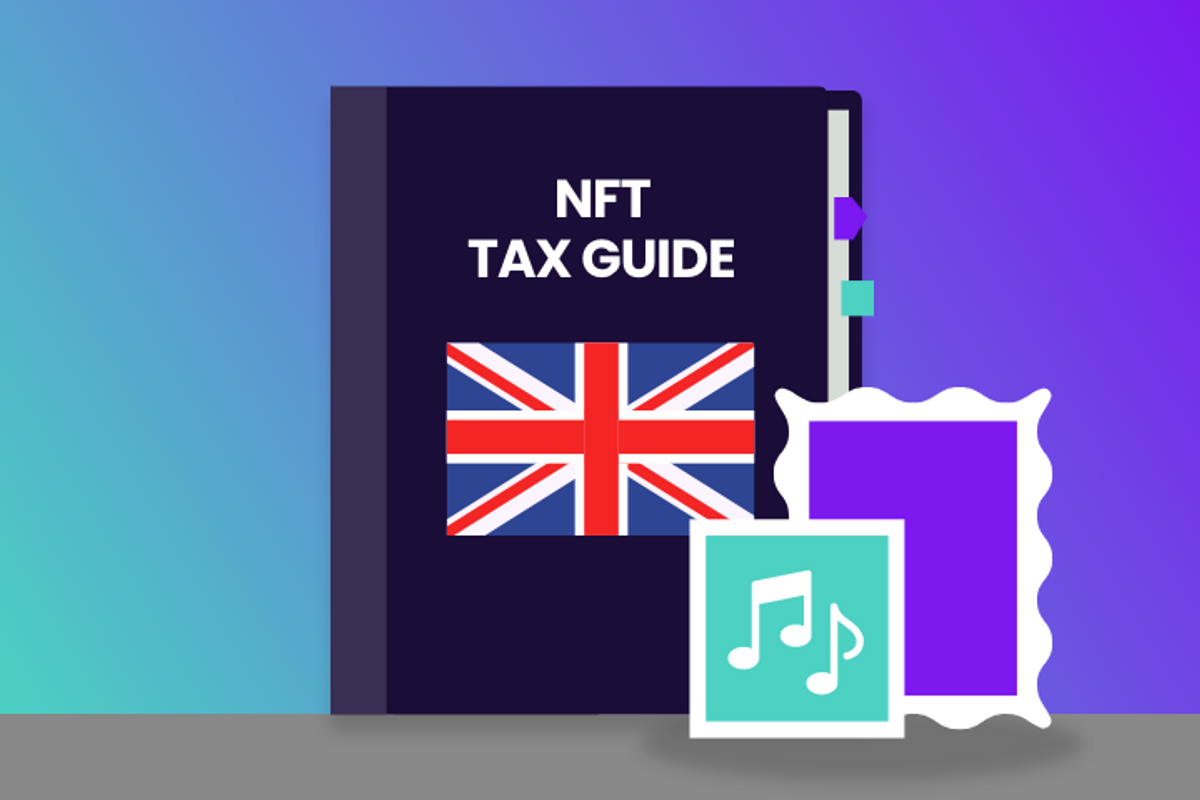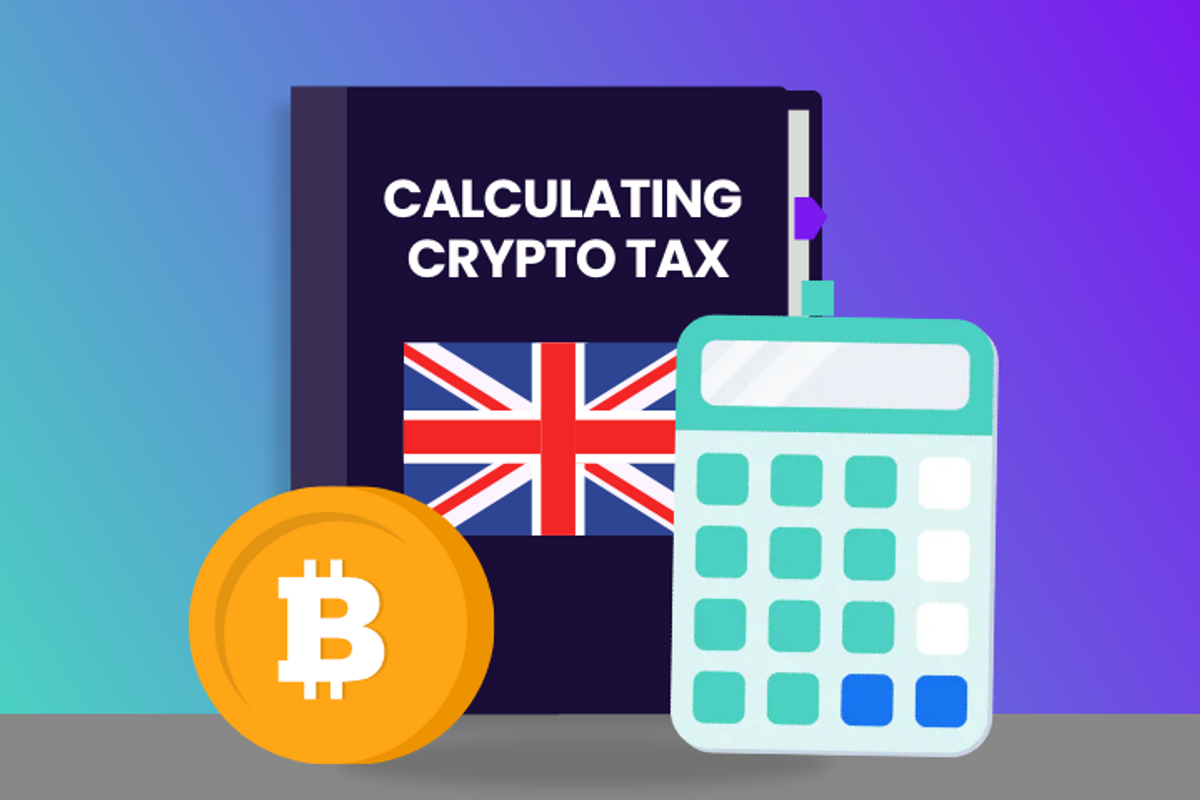
Airdrops are on the rise within the cryptocurrency space. While receiving an airdrop can be a positive experience, they can also be a hindrance to crypto users, posing challenges, particularly in terms of taxation.
Airdrops are subject to tax in the UK so it’s vital that you understand how they are taxed so that you can accurately complete your tax return.
In the article below we clarify what crypto airdrops are, how they are taxed and how to calculate the tax liability. Whilst we solely cover airdrops in this article, you can head to our comprehensive UK crypto tax guide to gain a broader understanding of crypto tax across different types of activity.
Disclaimer
This guide is intended as a generic informative piece. This is not accounting or tax advice that can be relied upon for any UK individual’s specific circumstances. Please speak to a qualified tax advisor about your specific circumstances before acting upon any of the information in this article.
What is a crypto airdrop?
A crypto airdrop is when an individual receives an allocation of tokens or other cryptoassets.
In a crypto-airdrop, tokens or cryptocurrencies are distributed, typically for free, to a specific group of individuals or cryptocurrency wallet addresses. Airdrops may also be distributed because an individual holds a token, or has performed a task, or registered to become eligible to take part in the airdrop.
Airdrops are commonly used as a marketing and distribution strategy and are particularly popular with crypto startups for a variety of reasons:
- Raising awareness about a new cryptocurrency project or blockchain platform by creating a buzz. Developers can quickly introduce their project to a wide audience of potential users and investors.
- Rewarding early adopters by providing a sense of appreciation and incentives to those who have shown interest from inception.
- Community building: when individuals receive tokens through an airdrop, they may become more engaged with the project, participate in discussions, and contribute to its development.
- Increasing liquidity: distributing tokens through airdrops can enhance liquidity in the cryptocurrency markets; more tokens in circulation can lead to increased trading activity, potentially benefiting both the project and token holders.
- Marketing and promotion: airdrops are a cost-effective marketing tool - they attract attention from cryptocurrency enthusiasts, leading to positive coverage and discussion.
- Compliance and token distribution: by distributing tokens widely, projects can demonstrate that they are not conducting an initial coin offering (ICO) or a security offering, as tokens are given for free rather than being sold.
- Testing and feedback: airdrops can encourage users to test the technology or services allowing developers to identify and address any issues before full launch.
Generally airdrops are received with appreciation by crypto investors, however there are a number of spam airdrops which can become frustrating, especially when the investor has no choice to reject or accept them. We could compare it to receiving junk email, but where spam emails can be swiftly deleted, investors must take on the responsibility of managing these tokens, carefully deciding how to dispose of them and dealing with associated tax implications.
How are crypto airdrops taxed in the UK?
In the UK airdrops may be subject to income tax and capital gains tax; if or how you will be taxed depends on the reason that you received the airdrop.
Income tax on crypto airdrops
Airdrops are taxable income if they are received in return for, or in expectation of, the individual performing a service or doing something in return.
Although not in HMRC guidance, it seems to be generally accepted that if the recipient of the airdrop provides a service to the issuer, for example coding work or shilling the crypto, that would make it taxable as income. It is thought that merely sharing a social media post would not make it taxable income.
When taxable, the sterling market value of the cryptoasset at the date of receipt should be recorded on the Tax Return as miscellaneous income, subject to income tax.
Income tax rates
The rate of income tax depends on the overall income level and other types of income in the tax year. As a rough guide, the current income tax rates are:
| Taxable income | Tax bracket | 2022/23 Tax rate | 2023/24 Tax rate |
|---|---|---|---|
| Up to £12,570 | Personal Allowance* | 0% | 0% |
| £12,571 - £50,270 | Basic Rate | 20% | 20% |
| £50,271 - £125,140 | Higher Rate | 40% | 40% |
| £125,141 - £150,000 | Higher Rate | 40% | 45% |
| £150,001+ | Additional Rate | 45% | 45% |
Non-taxable crypto airdrops
HMRC have confirmed that if the airdropped tokens are received without an expectation of, or doing anything in return, and are not received as part of a trade or business involving cryptoassets or mining; there is no income to declare and no income tax to pay.
Trading income on crypto airdrops
If airdrops are received as part of a trade or business involving cryptoassets or mining; the sterling market value of the cryptoassets at the date of receipt should be recorded on the Tax Return as trading income, subject to income tax.
Capital gains tax on crypto airdrops
When cryptoassets are received as an airdrop they will be subject to capital gains tax when they are disposed of, regardless of whether or not they were taxable income upon receipt.
Disposal refers to the act of selling, trading, or otherwise transferring ownership of a cryptocurrency asset. You may have sold it for fiat currency (like USD, GBP, or EUR), traded it for another cryptocurrency, used it to purchase goods or services, or transferred it to another person or entity.
To calculate the capital gain you will need to find the difference of the disposal proceeds and the acquisition cost (cost basis) of the airdrop. Establishing the acquisition cost depends on how the airdrop was received…
The acquisition cost of income taxable airdrops
When the airdrop is taxable as income, the sterling market value of the cryptoasset at the date of receipt is treated as the acquisition cost for capital gains tax purposes.
Acquisition cost of non-income taxable airdrops
There is no HMRC guidance on the acquisition cost of non-income taxable airdrops, so this remains an area of uncertainty. It could be argued the acquisition cost is Nil or the market value of the tokens at the date of receipt. You should consider when you received the airdrop and when the smart contract was executed, it’s best to reach out to a tax professional when you are not sure.
If the smart contract is executed and the airdropped tokens issued into one public address and then later transferred to the recipient, it may be possible to argue that the acquisition cost of the airdropped tokens is the sterling market value at the date of receipt, but only if it can be argued that a ‘bargain made otherwise than at arm's length’. If it is not a bargain otherwise than at arm’s length, the CGT acquisition cost of the airdropped tokens would be Nil.
If when the smart contract is executed, the airdropped tokens are issued directly to the recipient, it will be Nil acquisition cost. As there is no corresponding disposal, the market value rule at Section 17 TCGA 1992 is disapplied and the actual amount paid for the airdrop (ie Nil) is the CGT acquisition cost where it is lower than the market value at the date of receipt).
Capital gains tax rates
When a UK individual’s net capital gain exceeds the annual capital gains allowance, then capital gains tax is payable at a rate of 10% or 20%, depending on your total income for the tax year.
Capital gains tax rate 2022/23 & 2023/24
| Taxable income | Tax bracket | Capital gains tax rate |
|---|---|---|
| Up to £50,270 | Basic rate | 10% |
| £50,270+ | Higher rate | 20% |
How are airdrops taxed in other countries?
Airdrops are subject to different tax rules depending on the country you are in. In most tax jurisdictions including the UK, USA, South Africa and Australia, receiving an airdrop is regarded as income and is subject to income tax. However, some tax authorities, like Canada and Germany view receiving an airdrop as a tax free event. You should check your local tax law for clarification.
How to calculate airdrop crypto taxes
To calculate the income tax due on an airdrop you will need to find the fair market valuation of your asset at the time of receipt. When disposing of the asset you will need to subtract this acquisition cost from your disposal proceeds to calculate your capital gain.
Recap simplifies airdrop and crypto taxes by taking care of the valuations and maths for you.
How to calculate your airdrop taxes with Recap
- Connect your exchange accounts or wallets to Recap through our automated integrations or enter your data manually via the user interface or a CSV file.
- Recap will automatically distinguish airdrops in your activity and apply a fair market valuation to the token. By default, Recap treats taxable and non-taxable airdrops as an acquisition based on their GBP market value. If you decide that your non-taxable airdrop should be treated as a Nil acquisition cost, you can use the edit button to override this.
- As most airdrops are non-taxable, Recap does not apply income tax. If you receive a taxable airdrop then you need to switch the transaction type from “airdrop” to “income” to ensure that this is included in your miscellaneous income.
- When/if the cryptoassets are later sold, Recap automatically calculates the capital gains for the disposal using the acquisition cost.
You can get started with Recap for free by signing up at recap.io.
Airdrops: key takeaways
- A crypto airdrop is when tokens are distributed, (normally for free), to a group of individuals or crypto wallet addresses.
- In the UK, airdrops may be subject to income tax on receipt and capital gains tax on disposal.
- Airdrops are subject to different tax rules in other countries according to local laws.



